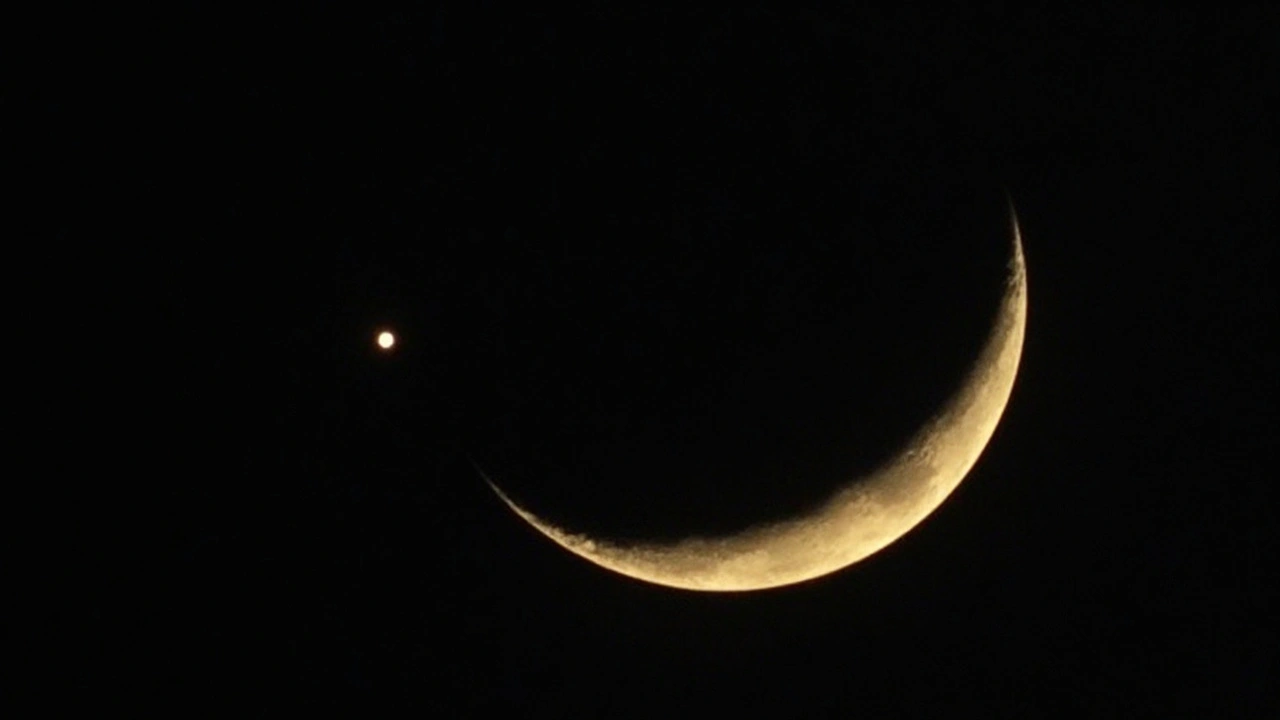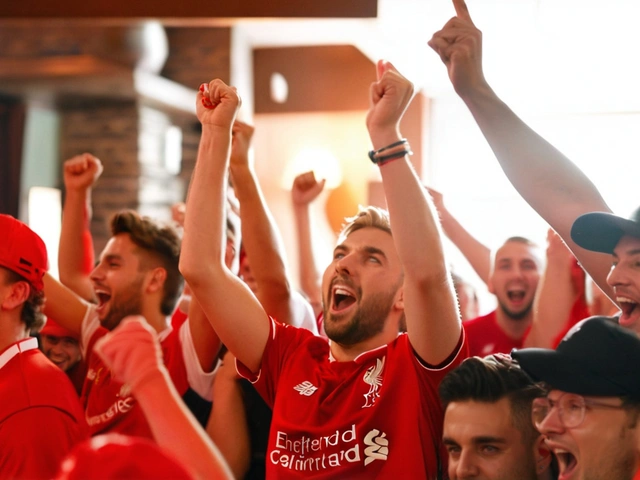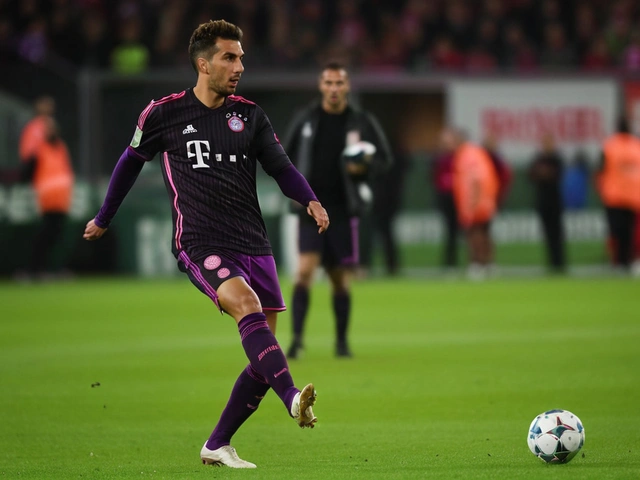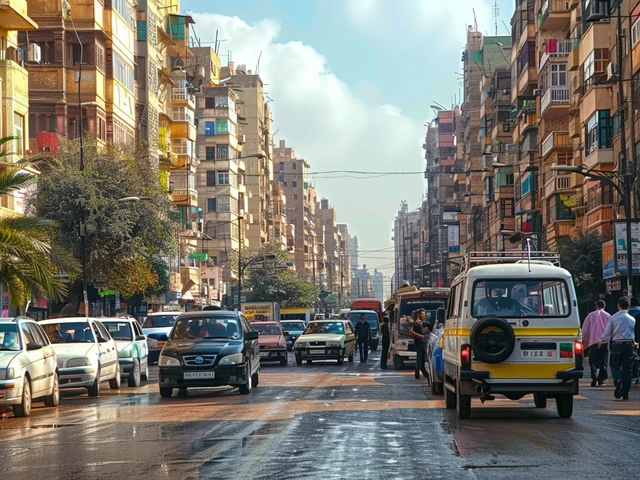Eid al-Fitr: Understanding the Festival and Its Importance
Eid al-Fitr is one of the most important festivals celebrated by Muslims worldwide. It marks the end of Ramadan, the holy month of fasting. This day is full of joy and gratitude, as Muslims come together to thank Allah for the strength to complete their fast and to share happiness with family and friends.
The actual day of Eid al-Fitr starts with a special morning prayer called the Salat al-Eid, usually held in mosques or large open areas. It’s a chance for the whole community to gather and celebrate unity and faith. After the prayer, many head to visit relatives and neighbors, exchanging greetings and gifts.
What Makes Eid al-Fitr Special?
A key part of Eid al-Fitr is Zakat al-Fitr, a charity given by Muslims to help the less fortunate join in the celebrations. This act ensures everyone can enjoy the festive day without worrying about daily needs, highlighting the spirit of generosity tied to the holiday. Food also plays a big role, with families preparing special meals, sweets, and treats that vary by culture but always bring people together around the table.
How Do Communities Celebrate Eid al-Fitr?
Celebrations can be different depending on where you are, but the feeling of togetherness and thankfulness is universal. Some enjoy wearing new clothes, decorating their homes, and organizing community events. Children often receive gifts or money, making Eid al-Fitr extra exciting for the young.
It’s not just about the festivities; the day also encourages reflection and kindness. Many use this time to forgive past wrongs, strengthen bonds, and start fresh. If you’re curious about experiencing Eid al-Fitr, reaching out to a local mosque or Muslim community center can be a great way to learn and join in the celebrations.
Whether you observe Eid or just want to understand its significance better, knowing about these traditions helps appreciate a beautiful moment that unites millions through faith, compassion, and joy.





